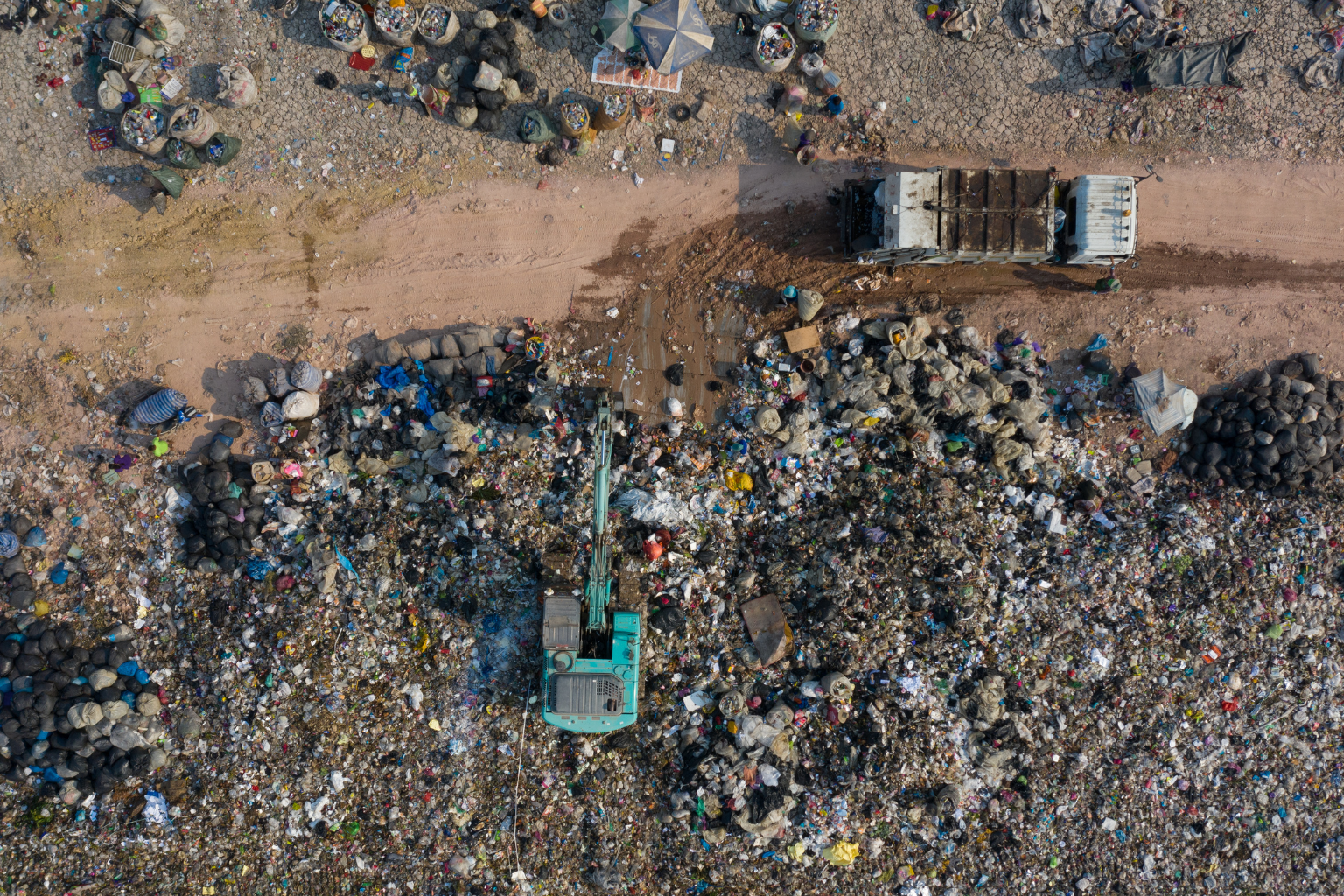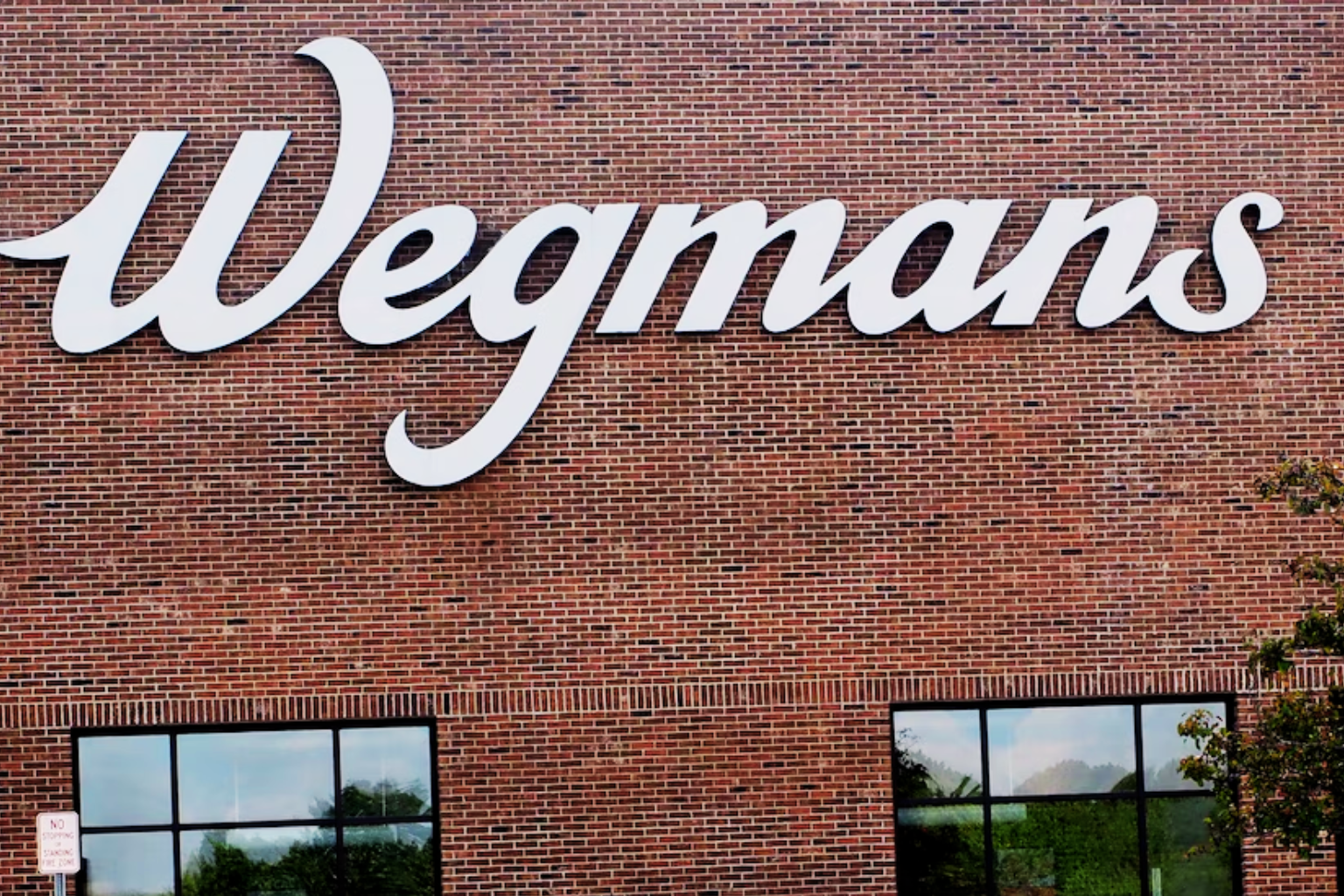New Jersey Landfills: The Hidden Reality Behind the Smell

NJ struggles to manage 20 million tons of trash annually. Many ignore landfills, yet adjacent villages deal with them daily. They cannot ignore the smell, which goes beyond a whiff.
Egg Harbor’s dump stinks. Nearby families claim the smell permeates their houses, lingers in the air, and makes life uncomfortable. Those who have never lived near a dump may not understand its impact. Locals smell it often.
Massive waste dumping in New Jersey worsens the situation. Due to its flat terrain and dense population, the state collects rubbish in landfills. Experts think deep-buried chemical compounds breaking down cause the scents. Although landfill managers collect gas and reduce stench, residents say the problem persists and is neglected.
Besides stinking, landfills are environmental hazards. Strong greenhouse gas methane comes from decomposing garbage. Besides the smell, this raises questions about how New Jersey will handle waste without affecting the environment. Recycling and garbage reduction have increased but have not solved the problem. As 20 million tons of rubbish are produced annually, neighbors object against landfill proliferation.
Many New Jerseyans are reminded that trash doesn’t disappear. It must go somewhere, usually nearby. The Egg Harbor dump and others across the state reveal waste management’s hidden costs daily. Unlike others, landfill residents are constantly reminded of trash. Their demands for stronger action, better technology, and long-term solutions grow like site odor.
Sources
NJ Advance Media reporting
State environmental waste management data




